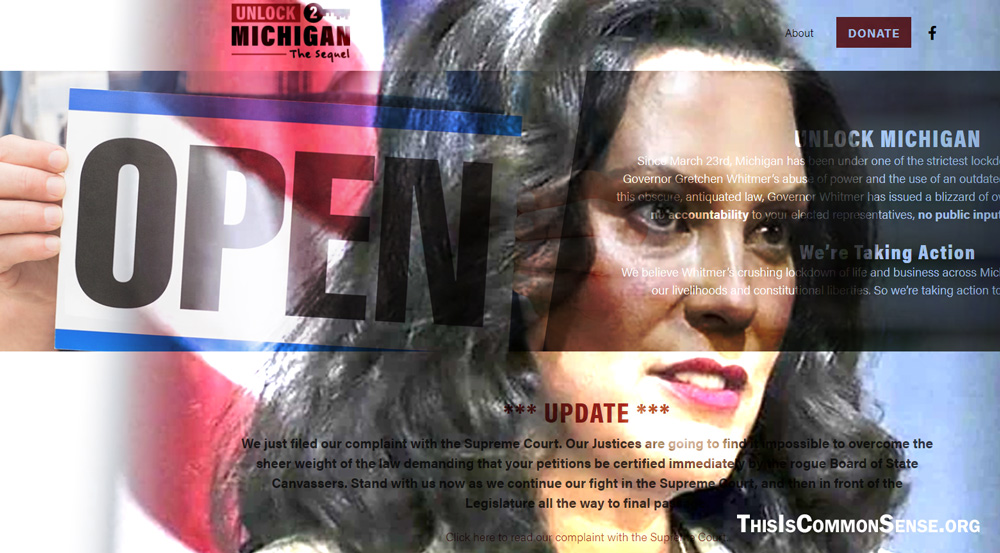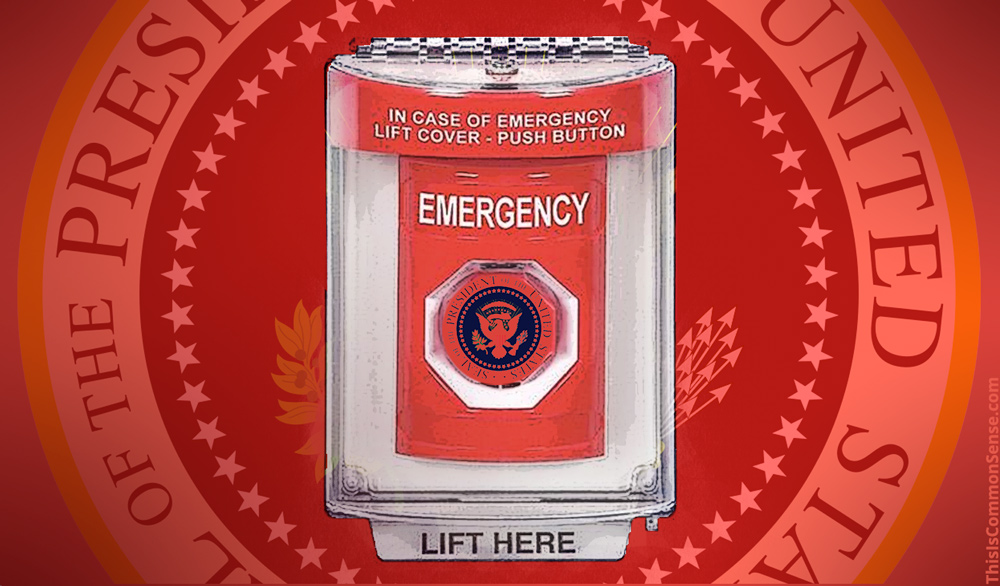Is the epidemic of gubernatorial abuse of power ending in Michigan?
During the last year and a half, Michigan Governor Gretchen Whitmer has been widely criticized for prescribing and proscribing all manner of conduct in the name of combatting the COVID-19 pandemic.
Whitmer claimed that her authority to do so was justified by the Emergency Powers of Governor Act of 1945. On this basis, she promulgated many silly and counterproductive edicts.
These ranged from commandments to stay at home except for certain urgent forms of sallying forth (a lockdown also mandated in other states) to banning the sale of gardening equipment. Among other injunctions, Executive Order 2020-42 prohibited advertising of sundry “unnecessary” goods and ordered stores to shutter sections selling carpets, paint, furniture, and gardening materials.
In October of 2020, the Michigan Supreme Court ruled that the 1945 Act unconstitutionally delegated legislative authority. Now voters have weighed in with a citizen initiative. The group Unlock Michigan collected enough valid signatures— “more than 500,000 signatures in just 80 days” — to send a measure repealing the Emergency Powers of Governor Act to the legislature.
Had lawmakers failed to approve the petition, its fate would have been decided by voters at the ballot box. But last week, in a 68 to 40 vote, the Michigan House joined the Senate to certify it — saving a lot of time and money.
In Michigan, a law presented to the legislature thanks to a citizen initiative and then enacted cannot be vetoed by the governor. So that’s it. Governor Whitmer’s access to this autocracy-enabling law is gone.
This is Common Sense. I’m Paul Jacob.
—
See all recent commentary
(simplified and organized)







